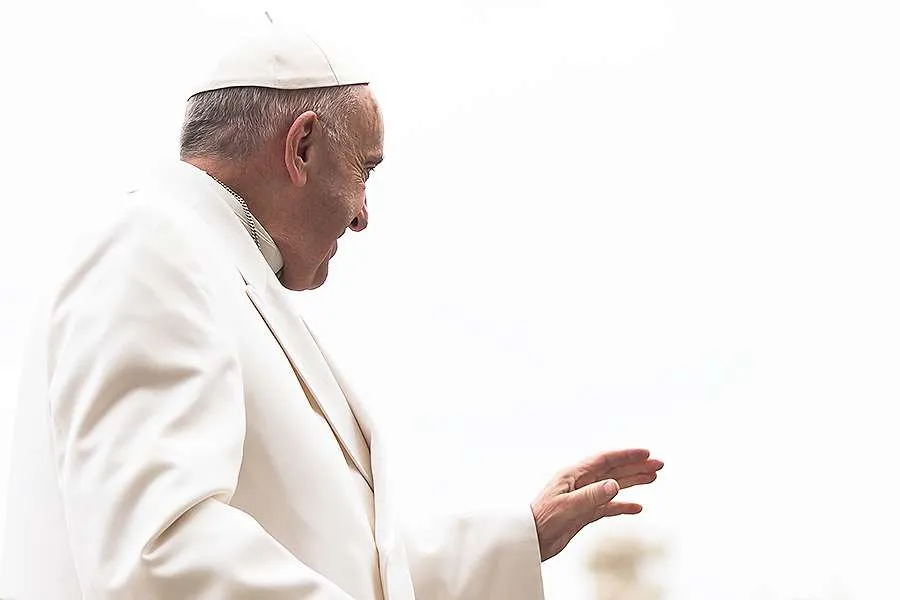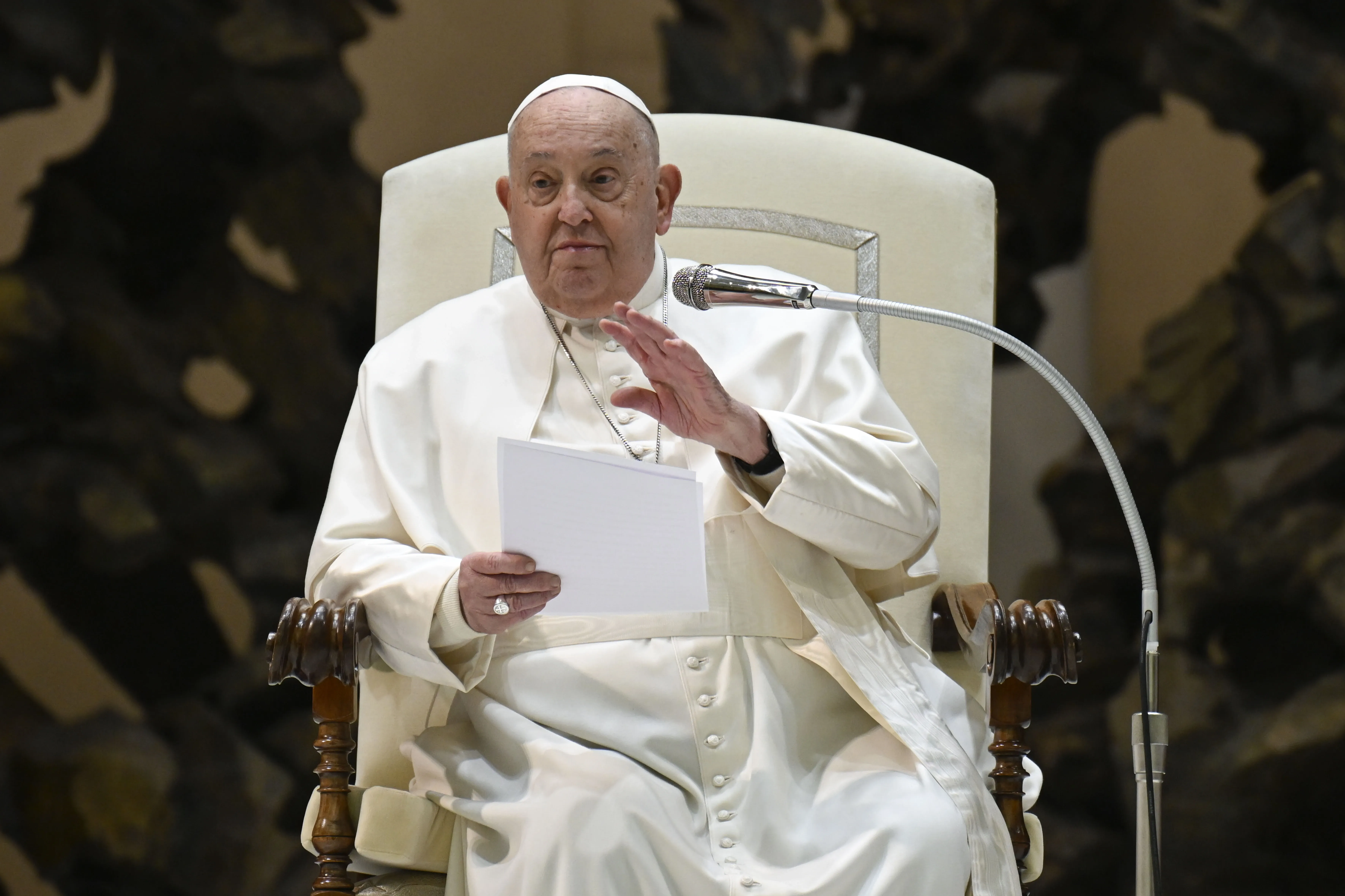Sachs’ address, “Restoring the Ethical Foundations of Economics,” was delivered off-the-record.
The economic solidarity conference occurred ahead of Pope Francis’ international economic summit, “The Economy of Francesco” -- named for the the pope’s patron, St. Francis of Assisi.
The gathering will bring 2,000 young economists and entrepreneurs together in Assisi March 26-28 to explore alternatives to the current global economic system that are more beneficial for the poor and environment. Nobel laureate economists Amartya Sen and Muhammad Yunus will provide the opening remarks.
In his comments, Pope Francis said that the 50 richest people in the world could together end child poverty.
“The 50 richest people in the world have an equity equivalent to 2.2 trillion dollars. Those 50 people alone could finance the medical care and education of every poor child in the world, whether through taxes, philanthropic initiatives or both. Those 50 people could save millions of lives,” he told the conference.
“If there is extreme poverty in the midst of wealth - also extreme wealth - it is because we have allowed the gap to widen to become the largest in history,” he said.
Pope Francis referenced St. John Paul II several times in his speech, borrowing his phrase “structures of sin” to describe “repeated tax cuts for the richest people” and “tax havens for private and corporate profits.”
“Each year hundreds of billions of dollars, which should be paid in taxes to finance medical care and education, accumulate in tax haven accounts thus preventing the possibility of decent and sustained development of all social actors,” he said.
The pope also denounced government spending on “the industry of war,” saying: “The world loses billions of dollars in armaments and violence every year, which would end poverty and illiteracy if they could be redirected.”
“A new ethic means being aware of the need for everyone to commit to work together to close the fiscal lairs, avoid evasions and money laundering that steal from society, as well as tell the nations the importance of defending the justice and the common good over the interests of the most powerful companies and multinationals - which end up suffocating and preventing local production,” Pope Francis said.








